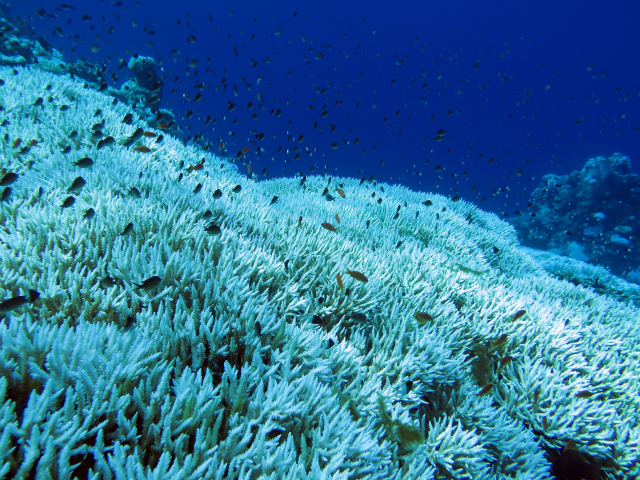Global Change Impacts and Adaptation
Short title: Global Change
Thematic focus
The implementation of the UN SDGs under the pressure of global change is one of the greatest challenges for humanity. The time window to implement the SDGs and achieve the Paris climate goals is rapidly closing. This calls for fast decisive responses, bringing an increased risk of investing in poor adaptation and mitigation measures. Such measures would widen the existing gap in adaptation capacity between the global North and South. PA 2 aims to counteract these trends by providing a scientific basis for the development of effective climate change mitigation and adaptation measures in the tropics. Key themes in PA 2 are (1) the degradation and adaptation of tropical marine ecosystems due to global change, (2) the four main underlying drivers: ocean warming, acidification, deoxygenation and sea level rise, (3) the associated erosion of ecosystem function and services (e.g. biodiversity, CO2 storage, and productivity), as well as (4) feedback on climate, resource availability and human societies. The aim is to improve regional climate predictions and reduce uncertainties regarding the future development of tropical marine ecosystems and their services. This includes the investigation of cycling of water and major elements (e.g. carbon, nitrogen, and phosphorus), which connect climate and ecosystem function.





